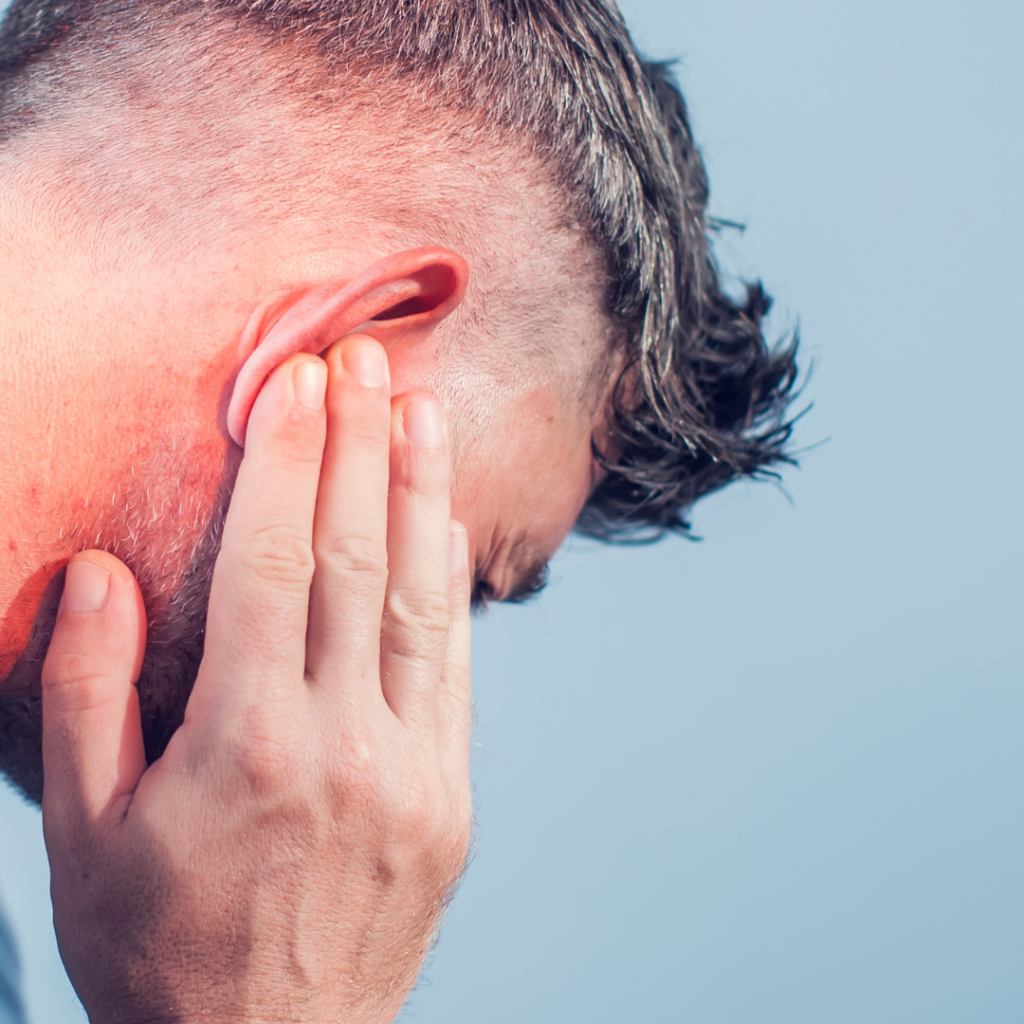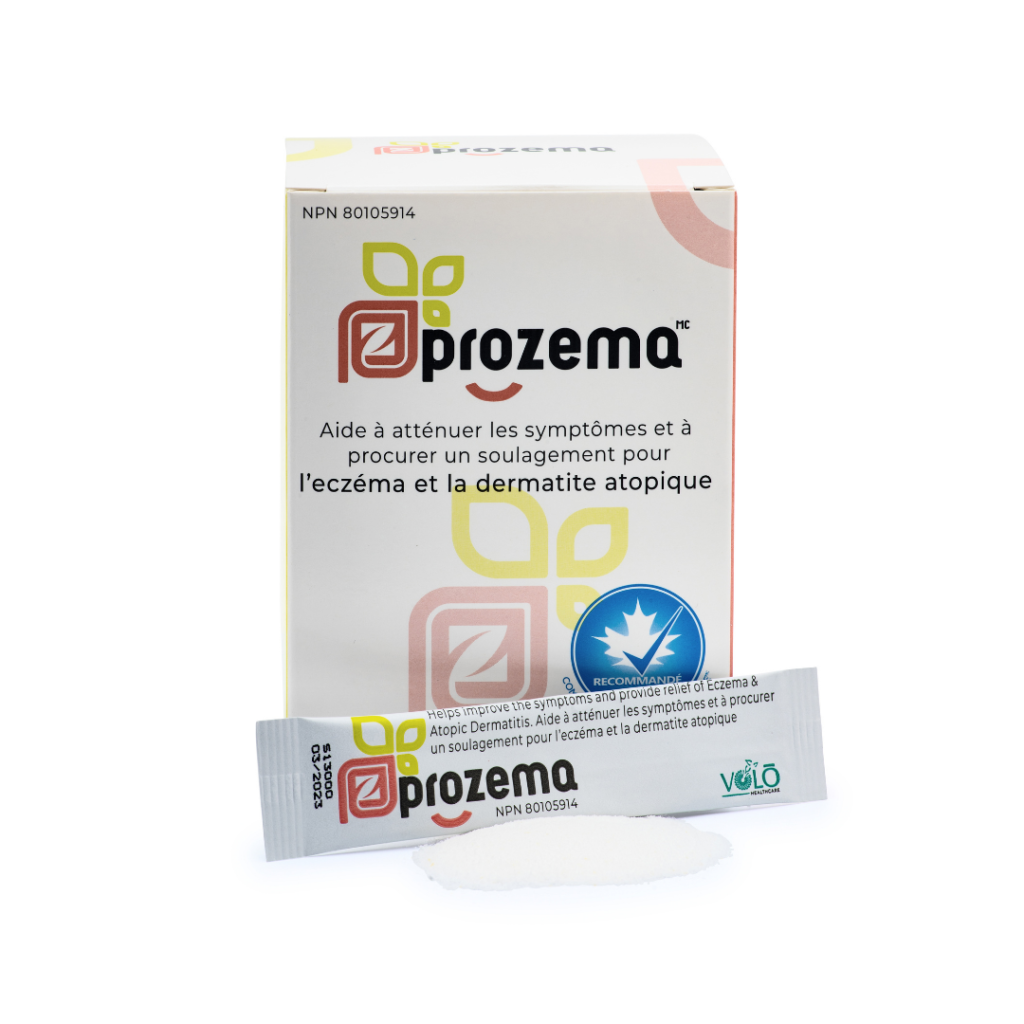
Ear Eczema
Ear eczema, just like any other eczema, can be frustrating to deal with and possibly painful at times. The ears are sensitive parts of our bodies, so dryness and infections can affect them more severely. In more serious cases, the ear can be affected my infections and impaired hearing.
One of the primary causes of ear eczema is allergies. There are many different allergens that can trigger an eczema flare-up, such as soaps and detergents, scented household products, and wool clothing.
Signs and symptoms of ear eczema include dry, flaky skin and a red, itchy rash. These symptoms may also be accompanied by pain and a sensation of fullness in the ear.
Typically, the symptoms appear in the skin around the ears, on the ear lobe and even inside the ear.
Itchy Behind Ears
If your skin feels itchy behind the ears, there are several conditions that may be causing it:
- Contact dermatitis
- Eczema
- Psoriasis
- Swimmer’s ear
- Allergies
- Insect bites
Nowadays, feeling itchy behind the ears may be more common due to the increased use of facial masks. The loops of the masks sit behind the ears, often for hours, and may irritate your skin.
Another category of product that may contribute to itchiness behind your ears is hair products. Shampoos, conditioners, hairsprays all come into contact with the skin around your ears. These hair products can irritate your skin and lead to a rash or inflammation.

Eczema On Ear Lobe
You can have eczema on your earlobe if you have a piercing, or wear jewelry (with or without pierced ears) because the material can irritate your skin.
Common metals that irritate skin are nickel and gold. Sometimes the solution is simply to change the type of jewelry you wear.
You may also have allergies to certain plants or foods, that are triggering your eczema flare-up. These flare-ups can occur anywhere on the body, not just on your ear lobe.
Hearing Loss And Eczema
Ear eczema can be triggered by a number of factors. One of the most common causes is a reaction to an earring, but it can also be caused by swimming too often. The problem here is that ear eczema makes you more prone to swimmer’s ear, which is an infection of the ear canal, and this in turn can lead to hearing loss.
One of the first lines of defense against ear eczema and hearing loss is wearing plugs when you are swimming as well as keeping your ears dry. This prevents the water from getting into your ears.
However, if your ear eczema has already been present for quite some time or if it has gotten infected, then there may be some damage to your hearing ability already. In such cases, it is recommended to have your ears checked and to explore treatment options with your healthcare provider.
Ear Eczema Treatment
Ear eczema is not contagious, but it can often be chronic and recurrent.
Treatment of ear eczema depends on what kind of eczema you have and its’ cause. For example, for infected and inflamed ears your doctor may prescribe antibiotics and possibly steroids to reduce inflammation.
For dry ears that are not infected your doctor may recommend emollient creams and ointments along with a topical steroid to calm the inflammation. Also, it’s important to incorporate ear cleaning and care into your treatment plan.
Other common treatments include:
- Corticosteroid drops
- Topicals corticosteroids
- Antibiotics in cases where infection has occurred
Recently, clinical research has proven that probiotics can reduce the signs and symptoms of eczema and atopic dermatitis. This offers a natural treatment option for ear eczema.

Probiotic Strain For Eczema
ProZema Probiotic is unlike your typical eczema treatment, as it is not a topical treatment. Topical creams and ointments may have significant side effects with prolonged use and sometimes may not provide a long-term solution.
Featuring a patented blend of three unique probiotic strains, ProZema Probiotic is clinically proven to reduce the signs and symptoms of eczema.
Try ProZema Probiotic alongside your topical cream for best results. Within 6 weeks (the halfway treatment checkpoint), you may notice the need for topical creams has decreased.
Starting your ProZema journey is simple, as it is widely available at local pharmacies and retailers such as Shoppers Drug Mart and Costco. Each 3-gram powder stick is tasteless and can be mixed into any room temperature food. ProZema Probiotic is perfect in yogurt, juice or even sprinkled on top of a bowl of cereal!
References:
Cleveland Clinic: Ear Eczema: Symptoms, Causes & Treatment
National Eczema Society: Ear Eczema
Healthline: Can You Have Eczema in Your Ear?
WebMD: What to Know About Ear Eczema
National Eczema Association: Ear Eczema: What You Need to Know
